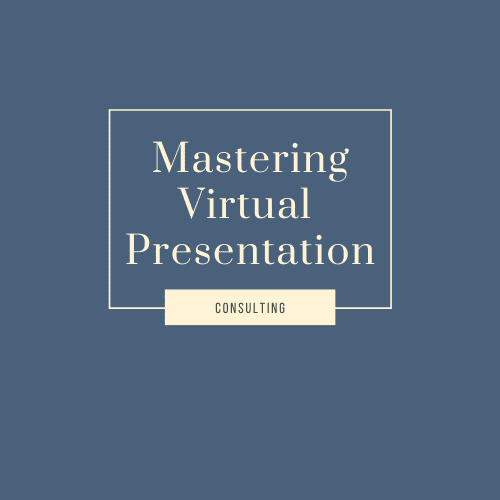UA alumni launch business aimed at improving virtual presentations
Got Zoom fatigue? These grads are here to help.

Courtesy of Mastering Virtual Presentations
April 28, 2021
After attending a year of “Zoom University” due to the COVID-19 pandemic, UA graduates Laney Lambert and Mary Conley Thompson have launched “Mastering Virtual Presentations” (MVP), a consulting practice dedicated to enhancing communication and professionalism in virtual environments.
Similar to universities around the country, UA canceled all in-person classes and moved entirely to remote learning at the onset of the pandemic last year. As a result, professors struggled to quickly modify course materials and assignments for virtual instruction, relying on the increased use of Blackboard discussion threads and video conferencing platforms like Zoom.
As the primary video conferencing software used by the University, Zoom offered a sense of normalcy as students could interact regularly with their instructors and classmates. And despite the reports of “Zoom fatigue,”the platform’s popularity immediately soared with a staggering 728% increase in first-time installations of its mobile application in April 2020.
Lambert and Thompson, who graduated from the University in December, said the transition was difficult for most people, and that expectations of professional standards did not translate well from in-person to virtual environments.
As students and also teaching assistants in the public speaking program, Lambert and Thompson said they were aware of the steep learning curve that existed due to the unexpected and quick adaptation of virtual learning.
“We watched fellow students and colleagues struggle to give presentations on Zoom,” they explained. “We also experienced the obstacles that online platforms create for communication and professionalism, so we strategized ways to overcome them, and now we want to help others do the same.”
After graduating from the University with master’s degrees in communication studies, Lambert and Thompson met with Alexa Chilcutt, associate professor in the College of Communication and Information Sciences, who helped to design the mission and goals of MVP.
Chilcutt, who is also an executive education faculty member at Johns Hopkins University, said that as organizations continue to permanently shift to remote work in the future, it will be important for students to be confident communicators in all settings — especially virtual ones.
“Whether a graduate student preparing for a job talk, where they have to present and teach, or an undergrad preparing for networking or interviews – practice and guidance about how to construct and deliver messages with confidence is great when you can engage with a coach one-on one,” Chilcut said. “You may have a 4.3 GPA in aerospace engineering or have written and published brilliant research, but if you can’t come across as a personable and confident communicator, you stand to lose out on opportunities.”
According to Lambert and Thompson, MVP focuses on three primary pillars of virtual presentations: boosting credibility, enhancing confidence and improving communication skills. Not only do they work with clients on the functionality of different virtual platforms, they also conduct each session tailored to the individual.
“Before we meet with clients, we send a form that will help us personalize a session based on their needs,” Lambert and Thompson said. “Then we have you walk through your house and create a setup that consists of proper lighting and an appealing background for your virtual presentation.”
Additionally, Lambert and Thompson said that the most significant aspect of a session with a client is the professional feedback they provide on upcoming presentations.
“We assess their presentation using experience-based knowledge and a ‘best practices,’ approach,” they explained. “We help clients effectively communicate their information by sharing tactics with them that will increase audience engagement, ensure speech cohesion and leave a lasting impression.”
Because the COVID-19 pandemic accelerated the use of remote work and virtual communication, large enterprises like Twitter, Google and Microsoft have already announced plans for a permanent shift in their workforce.
“As society becomes increasingly dependent on virtual platforms and telecommunication, the ways in which people communicate and relate to one another will have to change,” Lambert and Thompson said. “We want to be there to help with those changes and to minimize uncertainty for individuals navigating new and uncharted virtual spaces.”







